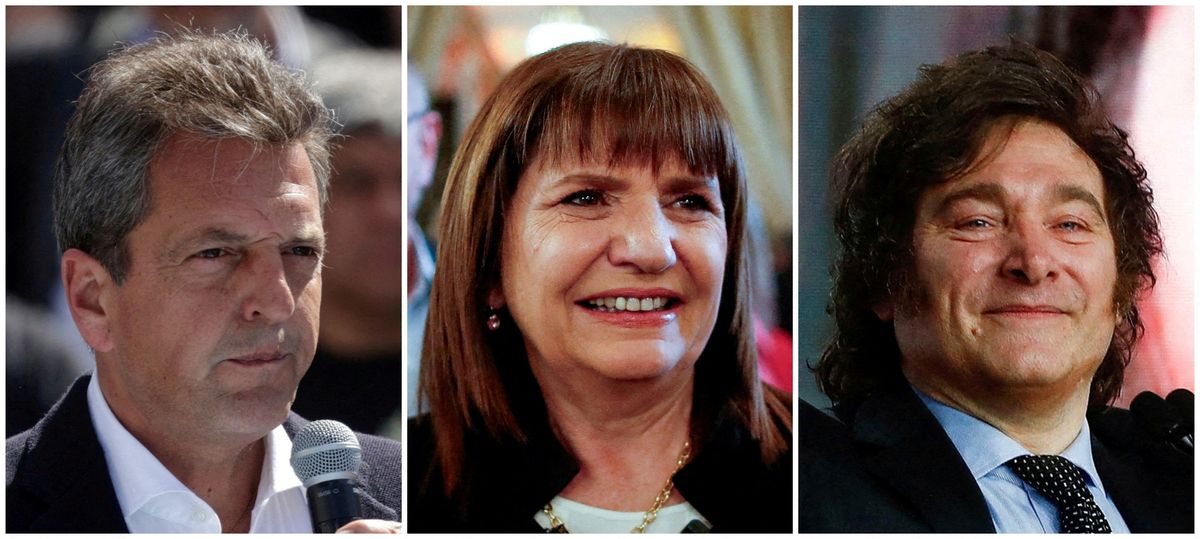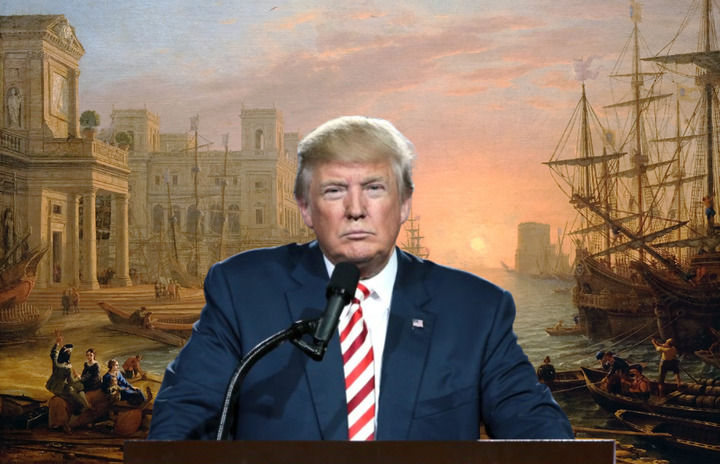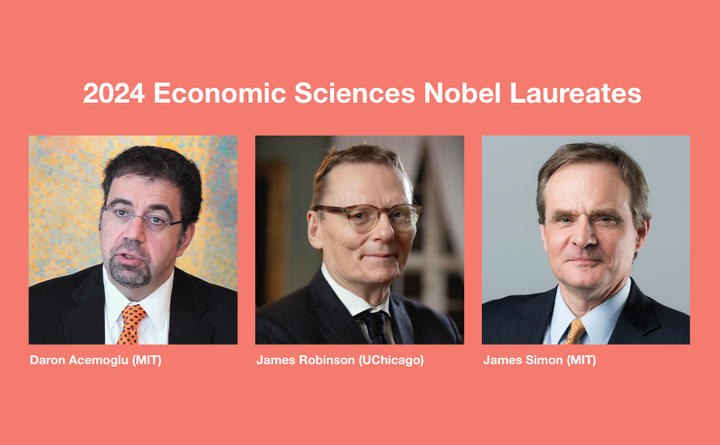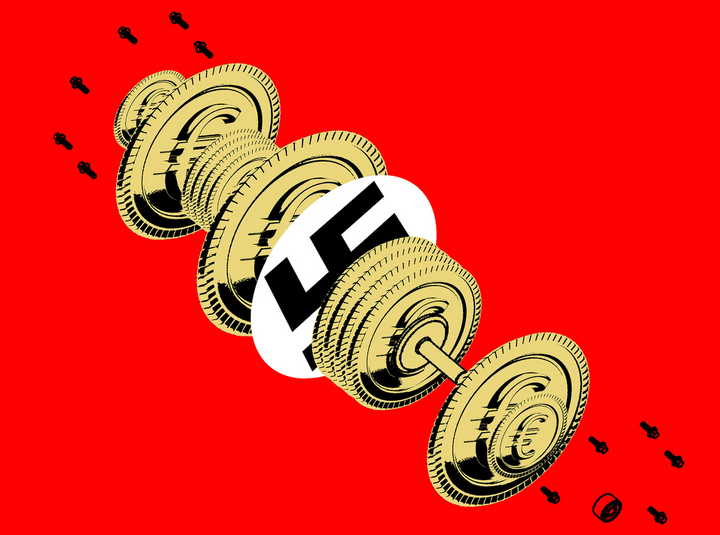Currency Chaos and the Clash of Convictions - The Battle Over Argentinian Presidency
Who are the Argentine Presidential candidates? How has the recent economic history of Argentina shaped the current political climate? What potential outcomes would the different political parties implement?

By: Lorenzo Perrotta
Argentina is less than a fortnight away from an imperative presidential election that could invert the direction of one of Latin America's struggling powerhouses. On the 22nd of October, the Argentine population will decide between three diverging paths: the Peronist and current Minister of Economy, Sergio Massa; the central-right ex-Minister of Security, Patricia Bullrich; and the far-right radical libertarian, Javier Milei. Each candidate will try to convince the country that they are the right leader to tackle Argentina's current (and persisting) issues.
Argentina could be considered a 'young' country, gaining independence from Spain in July 1816 and appointing its first president, Bartolomé Mitre, in 1862 after a series of Civil Wars. Argentina grew steadily over the years with a high influx of immigrants, initially due to its wealthy standards pre-1930s Great Depression and its neutrality during European Wars in the first half of the 20th century.
Throughout its history, Argentina had been governed mainly by radical administrations and had been through multiple coups d'états. This changed in 1976 when the armed forces formed an infamous military junta, breaking down the previous administration and making Rafael Videla the new leader. It was one of the brutal dictatorships as part of Operation Condor (a secret US intelligence mission to aid the suppression of communist ideologies from coming to power in Latin America) where about 30,000-40,000 people disappeared, and any political advisory was eradicated. The 'desaparecidos,' as they came to be known, were mainly students, trade-unionists, and anyone considered of leftist ideology against the beliefs of the right-wing military junta. The Junta lasted until 1983 when Argentina's new (and current) democracy was formed. This was followed by a period of severe economic depression, when in 1992, the Argentinian Peso began circulation.
When released, the Peso was initially pegged to the US dollar which led to mixed results and fluctuations of economic growth. The central bank abandoned the peg in 2002, which saw a devaluation of 365% against the US dollar. However, the Argentine economy seemed to recover with an economic growth rate of more than 6% a year from 2003-2011 due to a combination of keeping the value of the currency low (by part of the government) and a commodity price boom. Due to inflation levels creeping up, in 2015, President Mauricio Macri loosened monetary controls, with the central bank removing restrictions on the number of savings Argentines could convert into US dollars. This backfired, with inflation jumping up to 25.68%, 34.28%, and 53.55% over the years 2017-2019. This, along with the Covid-19 recession, a major loss in confidence, negative central bank reserves, and a drought hitting farming, led to inflation hitting 124.4% in September.
This is one of the main points of debate between the presidential candidates. While Sergio Massa is considered an outsider of the three due to his current government's impotence, Bullrich and Milei are comparable to the US elections in 2016. Milei is the boisterous, rebellious figure to Bullrich's more traditional political path. Describing himself as an 'anarcho-capitalist' and radical libertarian, Milei is also a staunch free-market believer, proposing to legalise the sale of human organs, legalizing drugs, and even claiming he would not control the pollution of rivers, leaving it to the ownership of firms/locals due to his non-belief in climate change. Milei's leading policies are to cut taxes, increase government spending, and most importantly, eradicate the Peso in favor of dollarization. These policies are targeted mainly to a younger class of voters who have grown up seeing the recent hardship of Argentina and to reverse a recent trend of Argentine emigration. Last year, Spain received 33,600 Argentine-born citizens, the most since 2008, and in the first half of 2021, while more than 55,000 citizenship applications for Spanish & Italian were compiled, toppling the previous record of 39,000 during the 2001 economic crisis.
Bullrich is the more traditional, tame political contrast to the boisterous Milei. She is often referred to as the 'iron lady' due to her hard-line against crime during her stint as Minister of Defence from 2015-19, including a crackdown on drug-war-related crimes in Rosario. Bullrich promises more of a moderate 'revolution' to bolster the economy, especially by cutting government spending and eliminating taxes on agricultural exports to bolster one of the country's top sources of revenue. Bullrich arguably has the hardest task of the front runners. She is attempting to maneuver in a way that attracts the moderate voters in a country that has exchanged between extreme ideological governments throughout its history. She may be the right figure due to her history of being a minister in a conservative government while also having a past allegiance with the left-wing, joining the youth wing of the exiled populist leader Juan Domingo Perón. The latter has been scrutinized heavily, and though she denies it, there was documentation found by investigative journalists indicating towards her involvement as a member of the militant left-wing Montoneros guerrilla group in the 1970s. This rumor was picked up heavily by Milei during his campaign where he falsely accused her of 'putting bombs in kindergartens' in the 1970s.
This is a crucial election for Argentina. Bullrich aims to maintain order, while her adversary Milei calls for a complete reshuffle of the country. One thing remains certain, whichever gains power has the imperative yet strenuous obligation to turn around the fortunes of a struggling country.


